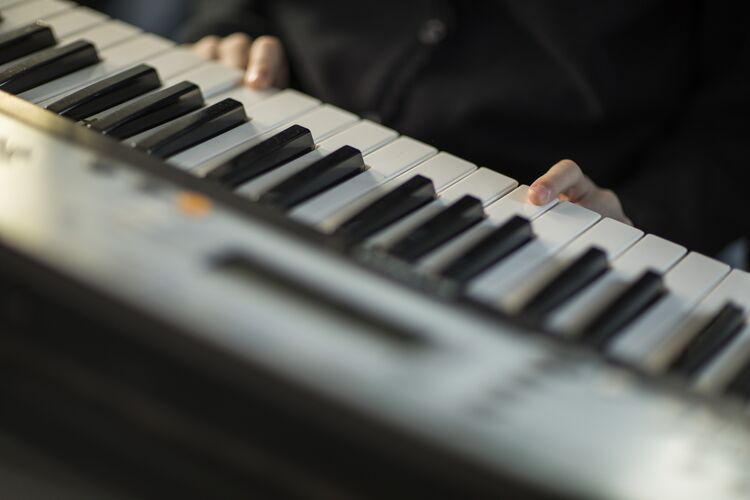
People with strong musical intelligence are more sensitive to music and often have clear musical ability.
For example
A student with strong musical intelligence may prefer to study with music playing in the background.
In the classroom
It is interesting to note that some students like having music on in the classroom and others do not and actually find it has a negative impact on their ability to learn.
Further links:
https://www.teachingenglish.org.uk/article/using-music-songs
https://www.teachingenglish.org.uk/article/music-visualisation
Comments
Music Intelligence also contents mutiple aspects in cognition
Multiple intelligence theory wasn't a new story, currently. I am very happy to see this topic can be mentioned for improving our teachers' and learners' literacies, especially in globalization - for the digital literacies.
Currently, more practical meanings can be drawn out from sub-abilities in this intelligence, such as notation-recognizing, sight-reading, sentence-memorizing, Texture-analysing, scenes-relating, imageries-forming, impressions-summarizing, performance-creating, style-cultivating, life-accumulating, fate-reflexing etc.
When it came to music intelligence, it was a very interesting point that not only consciousness but synaesthesia, unconsciousness (somewhat collective), and especially emotional influences have all been considered by our first-line teachers and teacher educators. I think sound's waving and invisible characteristics have the analogy with emotional varying and releasing would be the possible reason. Therefore, musicality's external scope is much wider than only the music intelligence that our experts would have already focused on.
All in all, this is a good beginning to re-pick up music intelligence into English classroom, we can think more about its multiple-practices, rather than only background music...